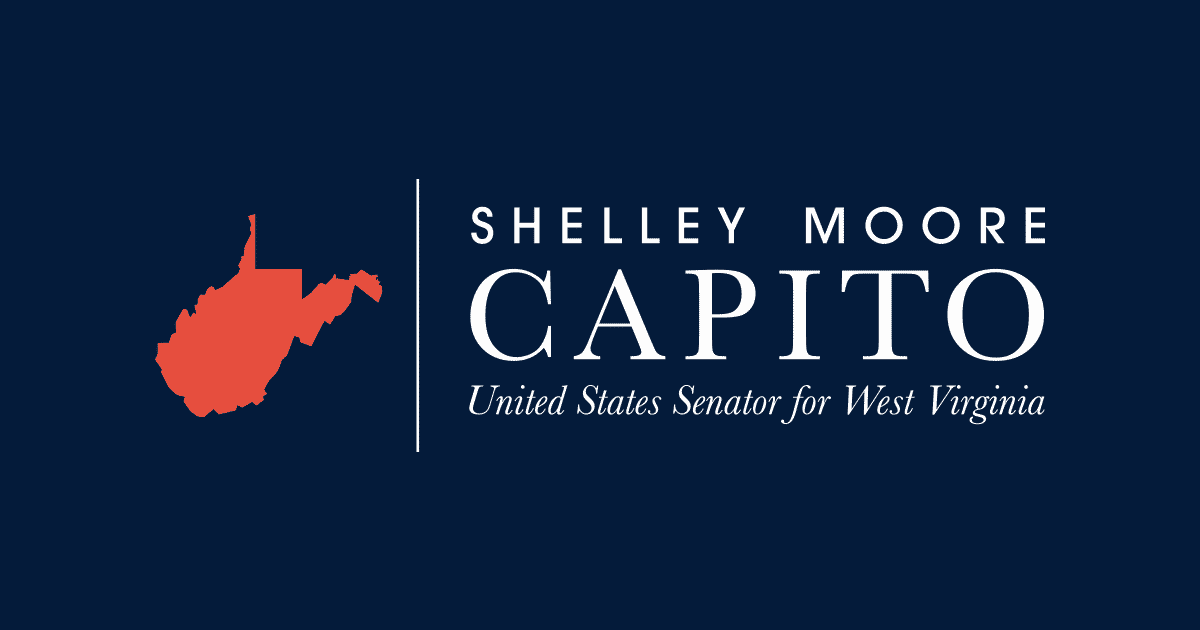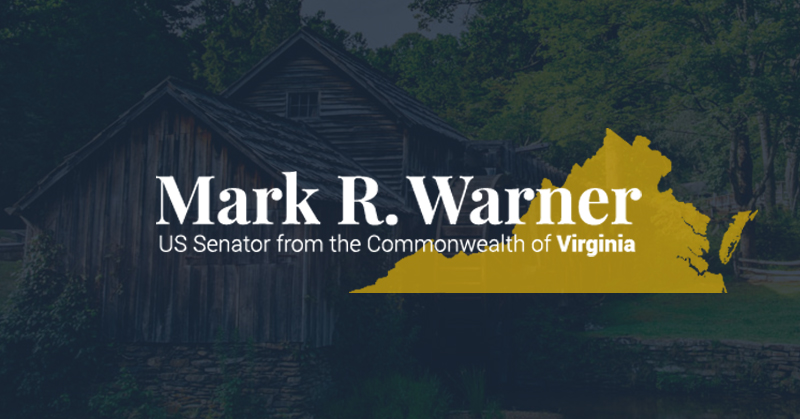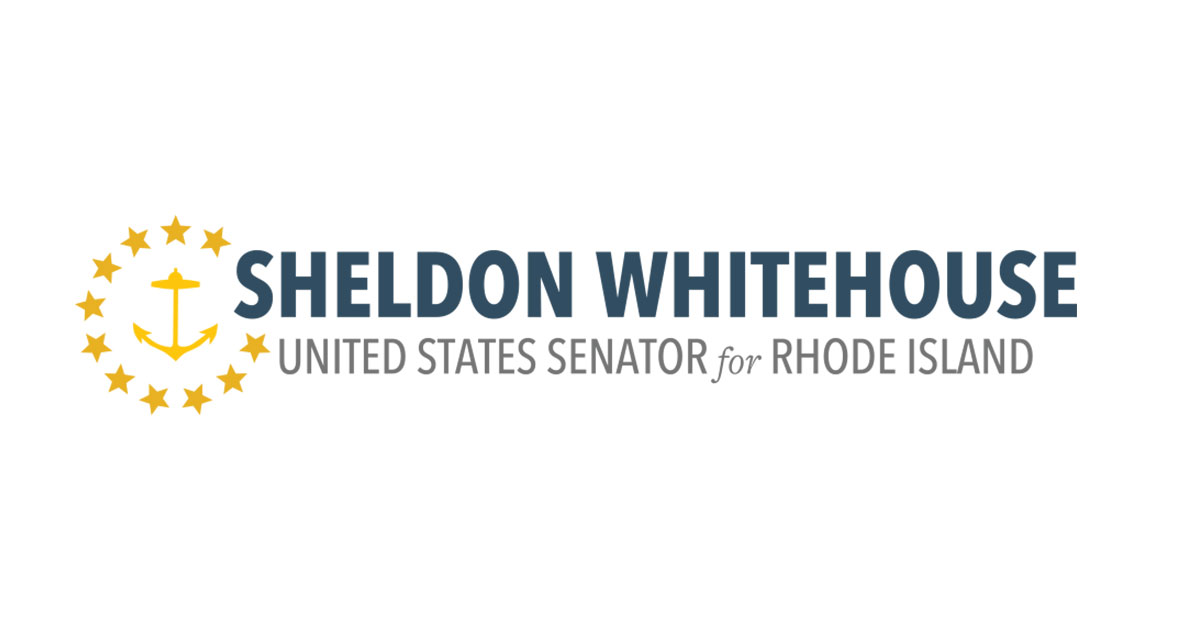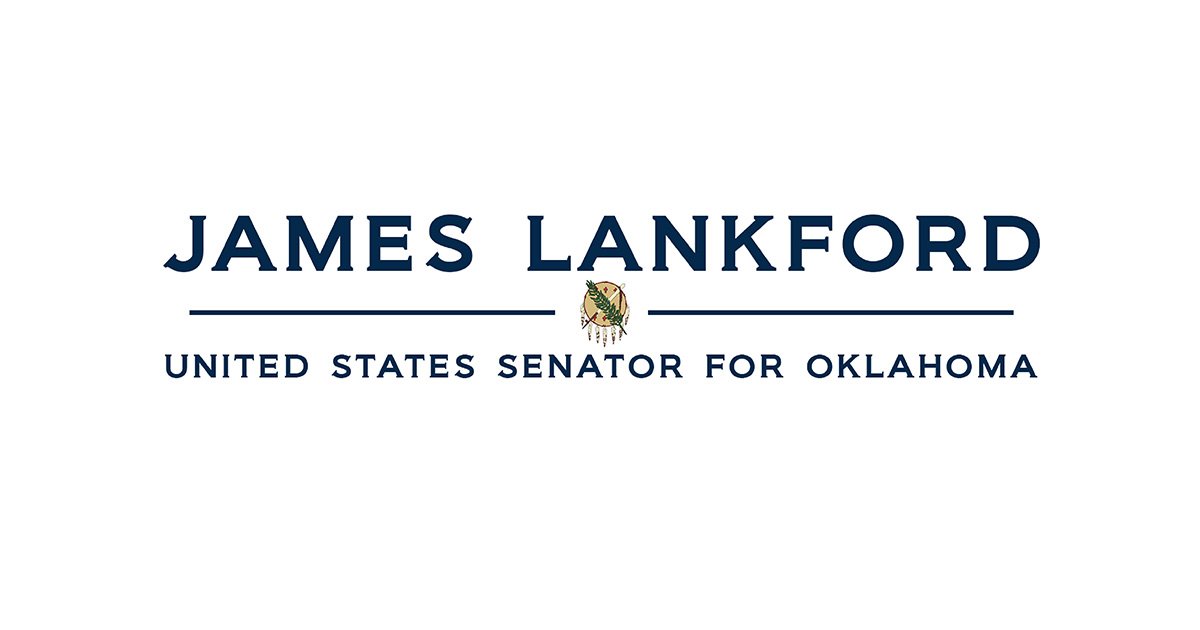Source: United States Senator for West Virginia Shelley Moore Capito
RANDOLPH/TUCKER COUNTY, W.Va. – U.S. Senator Shelley Moore Capito (R-W.Va.) today made several stops in Tucker and Randolph counties to highlight economic development and infrastructure.
Among the events today included a visit to Corridor H, where Senator Capito was joined by Governor Jim Justice (R-W.Va.), Congressman David McKinley (R-W.Va.), leaders with the West Virginia Department of Transportation (WVDOT), and other officials to announce a bid award for the Cheat River Bridge, which will connect a 15-mile stretch of Corridor H between Kerens and Parsons in Tucker County, W.Va. The successful bid of $147,839,550 was made by Triton Construction of St. Albans, W.Va. Once completed, the bridge will be among the longest bridges in the entire state. In 2020, Senator Capito helped secure funding for the project, and was personally notified of the award by then-U.S. Department of Transportation (DOT) Secretary Elaine Chao.
“Completing Corridor H has the ability to create tremendous opportunities for economic growth in West Virginia, and it has been a top priority me during my time in Congress,” Senator Capito said. “As we all know, building a road in West Virginia is expensive and it takes time, but the benefits to our state are well worth the costs. That’s why when I was negotiating and crafting the Infrastructure Investment and Jobs Act, which is now law, I created a $2 billion Rural Surface Transportation Grant Program that will dedicate resources to the Appalachian Development Highway System (ADHS). Although we have seen a major increase of support for Corridor H since 2018, there is still much more to accomplish in the future. I will continue to use my role at the federal level, in conjunction with leaders back in West Virginia, to make the completion of Corridor H a reality.”
“As I’ve said over and over, the single most important project in our state right now is Corridor H,” Governor Justice said. “Corridor H will connect all kinds of communities, from Parsons, to Kerens, to Davis, to the state line and far beyond so we can bring more and more prosperity to the Eastern Panhandle and all of West Virginia. And not only will this project employ a bunch of people, but travelers will continue to spend all kinds of money in these communities long after construction ends.”
“I’m proud to join Governor Justice and Senator Capito to make good on the promise we made to the people of West Virginia to finish Corridor H. After 50 years of waiting, we finally have the resources to connect the towns of Parsons and Davis and West Virginia to other states in the region, moving Corridor H much closer to the finish line. Today’s Corridor H announcement, along with the remaining $6 billion from the Bipartisan Infrastructure bill supports much needed hard infrastructure improvements on roads and bridges, broadband, water and sewer in West Virginia. These essential projects will ensure West Virginia remains a competitive place to do business, and we are creating economic development opportunities that will support good jobs for many years to come,” Congressman McKinley said.
“The Corridor H Authority is excited about the awarding of the Cheat Bridge contract for Corridor H. The Cheat Bridge is a significant milestone in the completion of Corridor H and would not have been made possible without the support of Senator Capito and Governor Justice. Senator Capito has helped to secure hundreds of millions of dollars from Washington in the past few years. Funding that will come from the Bipartisan Infrastructure Bill is crucial to the completion of Corridor H,” Robbie Morris, Corridor H Authority President, said.
Additionally, Senator Capito met with members of the West Virginia Broadband Enhancement Council to discuss her Capito Connect initiative and collective efforts to expand broadband connectivity in West Virginia. At the end of the day, Senator Capito and Congressman McKinley held a roundtable discussion with local economic development leaders to discuss the future benefits from recent federal infrastructure investments, as well as the importance of broadband development.
Photos from today’s visit included below:
U.S. Senator Shelley Moore Capito (R-W.Va.) meets with Robbie Morris, Chair of the West Virginia Broadband Enhancement Council, and Rob Hinton of Micrologic in Elkins, W.Va. on Tuesday, February 22, 2022.
U.S. Senator Shelley Moore Capito (R-W.Va.) with members of the West Virginia Division of Highways (WVDOH) in Tucker County, W.Va. on Tuesday, February 22, 2022.
U.S. Senator Shelley Moore Capito (R-W.Va.) with Governor Jim Justice (R-W.Va.) and Congressman David McKinley (R-W.Va.) at the Corridor H Cheat Bridge Announcement in Tucker County, W.Va. on Tuesday, February 22, 2022.
U.S. Senator Shelley Moore Capito (R-W.Va.) and Congressman David McKinley (R-W.Va.) meet with economic development leaders from across West Virginia in Elkins, W.Va. on Tuesday, February 22, 2022.
# # #








